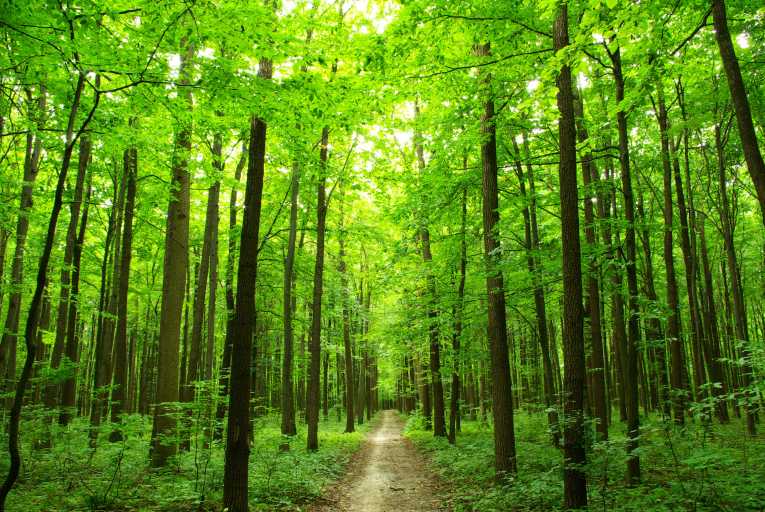Forests are seen as one of the great weapons against global warming, acting as they do as carbon stores, but their capacity to act in this way could be reduced as temperatures rise according to a new study.
Jerry Melillo of the Marine Biological Laboratory (MBL) published the findings of his seven year study on the effects of raising temperatures in Harvard Forest this week in Proceedings of the National Academy of Sciences (PNAS).
Melillo artificially raised the temperature in a section of the forest by around 9 degrees Fahrenheit, confirming previous studies which showed higher temperatures increased organic decomposition rates and thus released more CO2 into the atmosphere.
However, the increased temperature also speeded up the nitrogen cycle, enabling trees to store more carbon, partially offsetting the CO2 released from decaying matter in the soil. Melillo's work is the first practical demonstration of this effect in the field.
''Tree growth in many of the forests in the United States is limited by the lack of nitrogen,'' Melillo says.
''We found that warming causes nitrogen compounds locked up in soil organic matter to be released as inorganic forms of nitrogen such as ammonium, a common form of nitrogen found in garden fertilizer. When trees take up this inorganic nitrogen, they grow faster and store more carbon.''
These effects are likely to be felt in the boreal and temperate zones of North America, Europe and Asia, but not in the tropics says Melillo, where the growth of trees in the great rainforests is not limited by a lack of nitrogen.
However, Melillo admits that his limited-area study - around a quarter-of-an-acre - does not tell the whole story, saying: ''the carbon balance of forest ecosystems in a changing climate will also depend on other factors that will change over the century, such as water availability, the effects of increased temperature on both plant photosynthesis and aboveground plant respiration, and the atmospheric concentration of carbon dioxide.''










